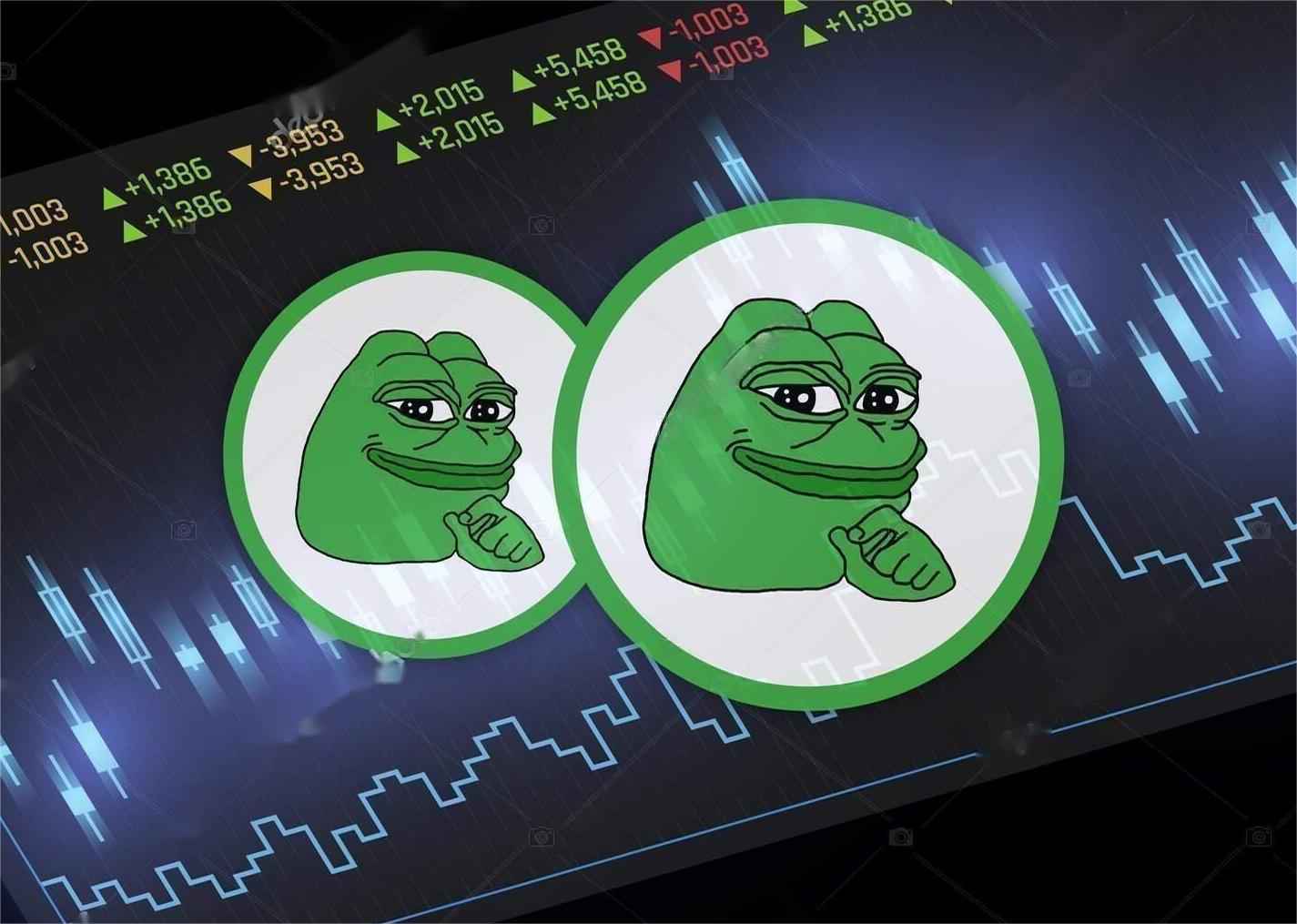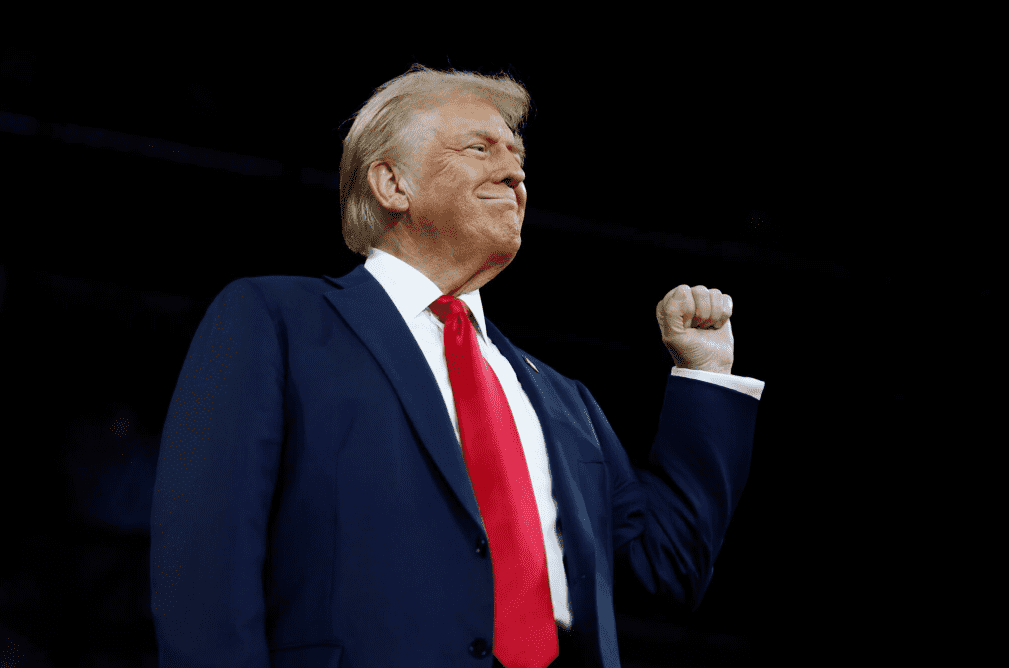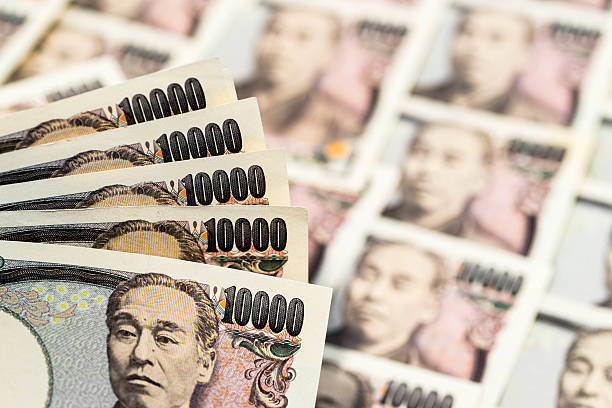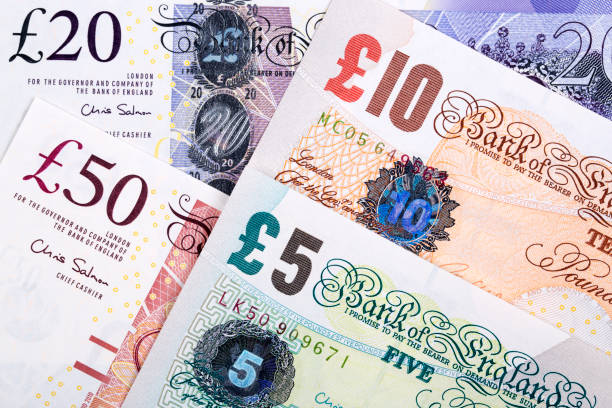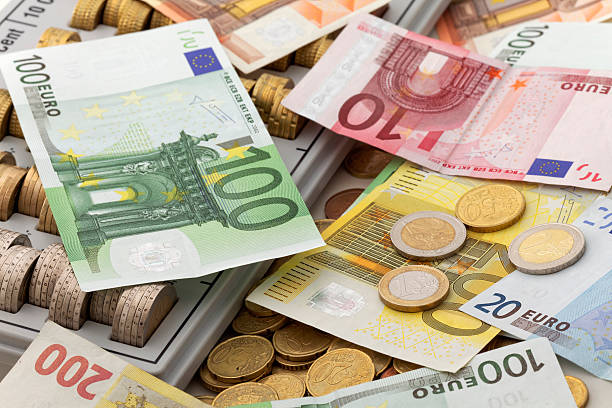India's Russian oil profits plunge as Trump's 50% tariffs kick in and White House offers a deal

India’s $17 billion in oil savings is evaporating fast. The reason? Donald Trump’s 50% tariffs on Indian goods officially took effect Wednesday, and the hit is brutal.
According to Reuters, trade analysts expect India’s exports to shrink by over 40%, a $37 billion blow in this April–March fiscal year. That crater is coming straight for labor-heavy industries like gems, textiles, and jewelry. These sectors are employment engines. Tens of thousands of jobs are now hanging by a thread.
Prime Minister Narendra Modi hasn’t made a direct statement, but his silence is already costing him. With elections coming up in Bihar, a key rural state, his voter base is on edge. He’s responded with tax relief pledges, including a plan to slash goods and services taxes by October.
The U.S. tariffs are a direct response to India’s increased trade with Russia, particularly in energy. Washington sees the flow of discounted oil as undermining Western pressure on Moscow.
India refuses to stop buying oil as U.S. talks heat up
Since early 2022, India’s oil imports from Russia have exploded. Russian crude now accounts for nearly 40% of all oil India buys, up from virtually nothing before the Ukraine invasion.
Indian companies like Reliance Industries, owned by Mukesh Ambani, lead those purchases, and they’ve locked in discounts as high as 7% below global rates.
Replacing that volume overnight is out of the question. India imports around 2 million barrels of Russian oil per day. If it stops, internal government estimates say global oil could surge to $200 per barrel. No one in New Delhi wants to carry that blame.
India’s foreign ministry has defended the Russian oil purchases as “meant to ensure predictable and affordable energy costs to the Indian consumer,” calling them a necessity forced by global conditions. At the same time, officials are accusing Washington of hypocrisy.
But while Trump attacks India over crude, the U.S. still buys Russian uranium hexafluoride, palladium, and fertilizer. India’s diplomats also point out that China’s oil imports from Russia have jumped from 13% to 16%, yet no penalties have landed on Beijing.
U.S. Treasury Secretary Scott Bessent, speaking on CNBC last week, said India’s behavior amounts to profiteering, calling the volume of post-war purchases “unacceptable.” That interview triggered the latest wave of friction.
India argues that the Biden administration had previously supported its Russian oil purchases in order to help keep global fuel prices stable. Trump’s reversal now puts Modi in a bind—with Russia relying on India to maintain oil exports and the U.S. threatening long-term trade consequences.
India juggles diplomacy as rivals eye its market share
In recent days, Indian diplomats have made trips to Moscow to smooth ties. Modi is also expected to visit China this month, the first in over seven years, to attend the Shanghai Cooperation Organisation summit. He’ll meet both Russian President Vladimir Putin and Chinese President Xi Jinping there.
But Indian officials say no trilateral summit is planned. Trust with Beijing is still fragile following the 2020 border clash, and Delhi is playing cautious.
Happymon Jacob, who leads the Council for Strategic and Defence Research in Delhi, laid out India’s tightrope walk. He said the country still needs Russia for weapons, oil, diplomatic support, and help on key political matters. But he also called the U.S. India’s most important strategic partner, noting: “India simply doesn’t have the luxury of choosing one over the other, at least not yet.”
The U.S.–India fallout is already affecting more than just oil and trade. Experts say visa access for Indian tech workers and the offshoring of services may be the next friction points. And even if India manages to claw back some relief from the tariffs, the long-term effects could be devastating.
Ajay Srivastava, founder of GTRI and a former trade official, warned that countries like Vietnam, China, Mexico, Turkey, Pakistan, Nepal, Guatemala, and Kenya are ready to snap up the markets India is being forced out of. “They could lock India out of key markets even after tariffs are rolled back,” Srivastava said.
Get seen where it counts. Advertise in Cryptopolitan Research and reach crypto’s sharpest investors and builders.


